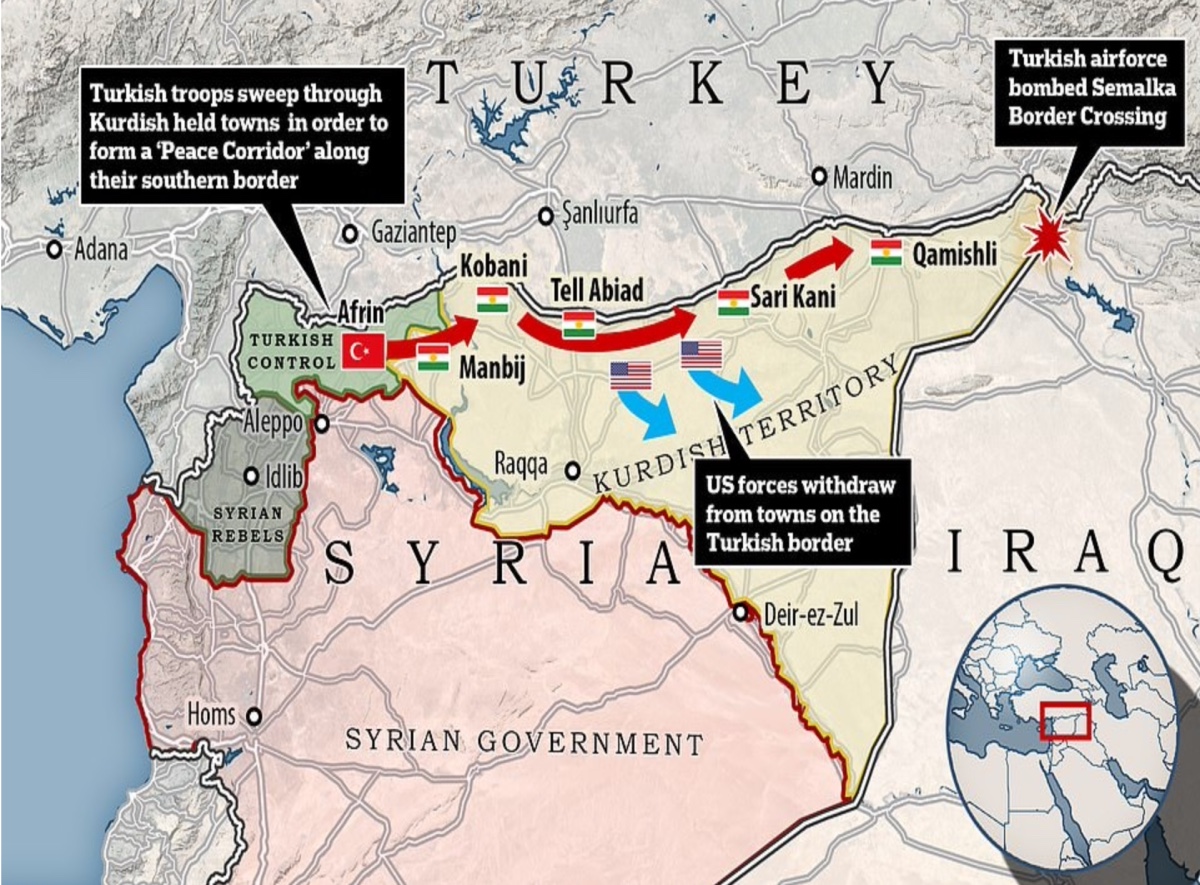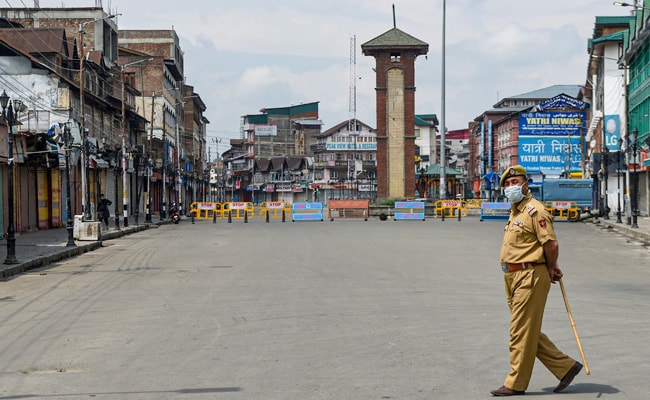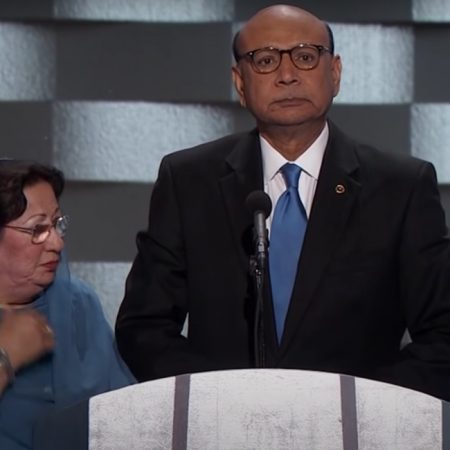Super Tuesday Reshapes Political Landscape: President Biden Secures Commanding Lead
by TMO Staff
Over the past month, the American political landscape has been dynamically shaped by a series of primary elections held in nearly 15 states, culminating in the much-anticipated Super Tuesday. This pivotal event marked the participation of Democrats and Republicans alike, all casting their votes to determine the most favored candidates for various offices, with a particular emphasis on the coveted Presidency. Following the closure of these primaries, meticulous efforts were made to tally the collected votes, and delegates were duly chosen to represent their respective political parties at the presidential nominating convention.
On the impactful Super Tuesday, President Biden emerged as a formidable figure, securing an impressive 80 percent of the vote. In stark contrast, former President Donald Trump experienced a noteworthy decline, losing between 30 to 40 percent of the GOP vote. The significant shift in support may potentially be attributed to the ongoing and highly sensitive Gaza-Israel conflict, a matter that has undeniably left its mark on voter preferences.
President Biden found himself under persistent scrutiny during this period, facing repeated calls to both endorse a ceasefire in the conflict and uphold support for the Israeli offensive. The intricate nature of this geopolitical issue has triggered nuanced shifts in voter allegiance, with every fluctuation taking on added significance as the 2024 election looms, predicted to be a closely contested affair.
The pivotal “swing states,” instrumental in determining the political affiliation of the next President, are anticipated to play a central role once again. States of critical importance in the 2020 election, including Michigan, Arizona, Georgia, Pennsylvania, and Wisconsin, are expected to wield considerable influence in shaping the political landscape.
A noteworthy trend that has emerged from these recent elections is the substantial number of voters opting for an “uncommitted” stance. Michigan witnessed over 100,000 Democrats making this choice alone, and a similar pattern was observed in Minnesota, where approximately 89 percent of the ballots cast were marked “uncommitted.” North Carolina also recorded a substantial number of “uncommitted” votes.
These “uncommitted” votes are sparking internal discussions within the Democratic party, leading to increased calls for a ceasefire overseas and a push for greater U.S. military aid to Gaza. This reflects a growing sentiment among voters for a more assertive stance on international conflicts, indicating that foreign policy matters are increasingly shaping electoral choices.
As the drama of the primary elections continues to unfold, Ohio remains one of the states yet to cast its votes. The Ohio primary is scheduled for March 19, 2024. Following this crucial event, primary candidates will be determined, setting the stage for the November general election. The outcome of this general election will not only decide the next President of the United States but will also exert a profound impact on several local elections, effectively molding the political landscape for years to come.
In addition to these developments, it is important to recognize the role of grassroots movements and community activism in shaping the outcome of elections. Across the nation, individuals and organizations are mobilizing efforts to promote voter engagement, advocate for policy change, and hold elected officials accountable. These grassroots initiatives serve as a powerful force for driving change and amplifying the voices of ordinary citizens in the political process.
Furthermore, the rise of digital platforms and social media has revolutionized political campaigning, providing candidates with unprecedented opportunities to connect with voters, mobilize support, and disseminate their message. In an era defined by instant communication and widespread information access, the influence of online discourse on electoral outcomes cannot be overstated.
As the 2024 election cycle unfolds, it is clear that the political landscape of the United States is undergoing a period of profound transformation. With shifting voter preferences, evolving geopolitical dynamics, and the continued impact of grassroots activism, the outcome of the upcoming elections is sure to shape the trajectory of the nation for years to come.





















2024
928 views
views
0
comments